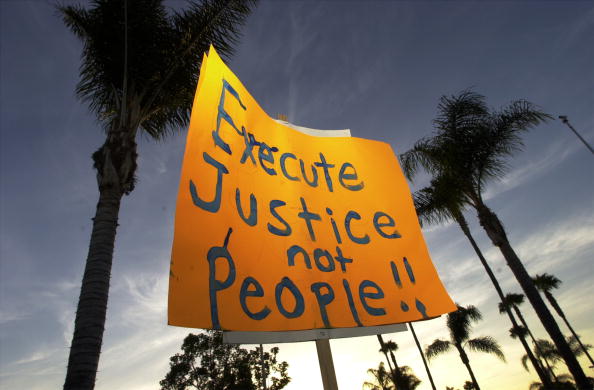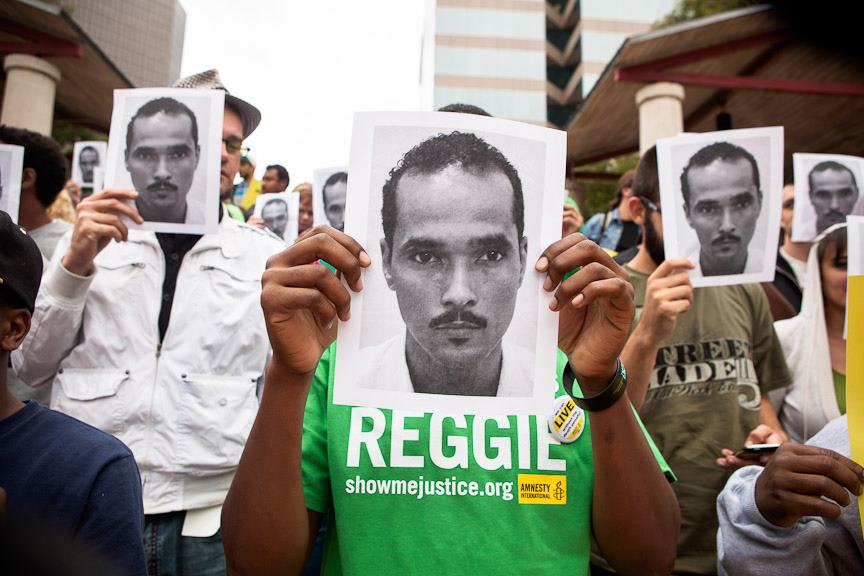
Gov. Rick Scott (Photo Credit: Joe Raedle/Getty Images).
On Friday late afternoon, Florida Governor Rick Scott signed the “Timely Justice Act,” a bill designed to speed up executions in a state that is responsible for more known wrongful convictions in death penalty cases than any other. As a result, there are “at least 13 inmates immediately eligible for death warrants.”
Governor Scott signed the bill after requesting to hear from the public, who responded by overwhelmingly urging him to veto it. As the News Service of Florida reported:
“As of Thursday, his office had received 447 phone calls, with 438 opposed to the bill; 14 letters, with 13 opposed; and 14,571 emails, with 14,565 opposed.”
Although Governor Scott, in signing the bill into law, ignored this public response, he does seem to have been impacted by it. He is now claiming that the “Timely Justice Act” is not meant to “fast track” executions, a claim seemingly disputed by the bill’s key sponsor, who said on Twitter that “Several on death row need to start picking out their last meals.”
SEE THE REST OF THIS POST








